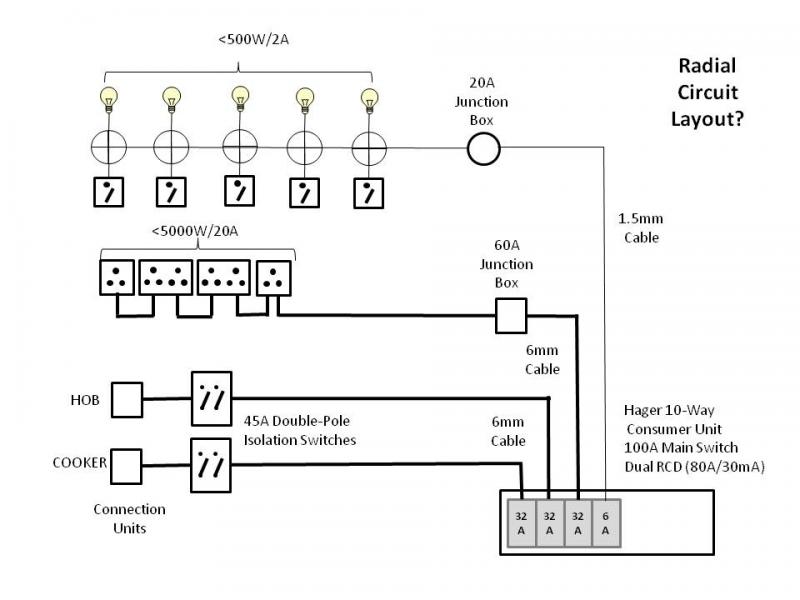Ah! (now corrected!). Mind you, I wouldn't say that your posts are famous for never containing typos - even if you do have an excuse!Time and relative dimensions in space in space may allow you to see into 2103 but for most of us we have to limit it to 2014.
Quite so. But so long as the concept of DIY is allowed, I don't think we really have much choice but to adopt some pragmatism. One cannot defend the absence of proper inspection and testing, but it is silly to pretend that it always happens.I have fitted RCD's and found they don't comply. I have simply slackened off the terminals and tightened again and on re-test everything has passed. There is only one way to know if what you have installed is safe and that is to test and inspect and this is where the whole idea of DIY fails.
I certainly wouldn't say that. Part P ('the law') is merely one sentence which says that reasonable steps should be taken with electrical work to minimise the risk of injury to persons or fire. Anyone prepared to 'forget' or ignore that should not be doing electrical work! Similarly, BS7671 affords a very good guide to what one should do to avoid one's work creating dangers, even if it is not always followed strictly 'to the letter'.Forget Part P and BS7671 ...
Kind Regards, John


